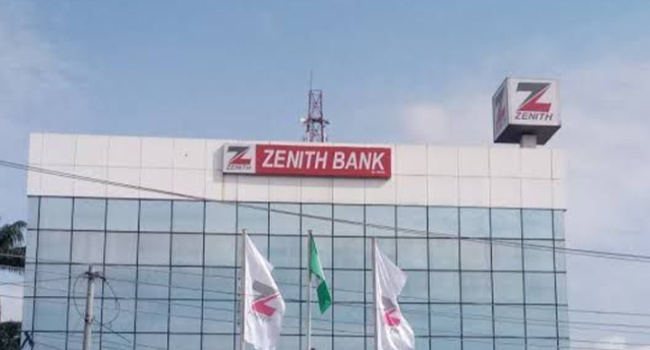Nigeria’s debt stock is projected to reach N187.79 trillion by 2025, driven by a combination of rising borrowing costs, naira depreciation, and aggressive government borrowing.
This was highlighted in a recent report by Cardinalstone, an investment and research firm, which predicted that the country’s debt will hit N153.04 trillion by the end of 2024.
Join our WhatsApp ChannelFactors Driving the Debt Increase
Cardinalstone’s report attributes the projected increase to several key factors. These include the issuance of a dollar-denominated domestic bond worth $900 billion, consistent borrowings through Nigeria Treasury Bills (NTBs) and bonds, and Nigeria’s return to the Eurobond market to raise $2.2 billion.
The report stated, “We estimate government debt to reach N187.79 trillion in 2025. The sharp rise in government debt has heightened concerns about its sustainability.”
Current Debt Stock Levels
As of the end of the first half of 2024, Nigeria’s debt stock had surged from N49.85 trillion pre-2023 elections to N134.30 trillion.
The Debt Management Office (DMO) data reveals that N63 trillion ($43 billion) of this is foreign debt, accounting for 47% of the total debt stock.
Federal and State Debt Contributions
The Federal Government of Nigeria (FGN) holds the largest share, with external debt amounting to N56 trillion. The 36 states and the Federal Capital Territory (FCT) collectively owe N7 trillion externally.
READ ALSO: Best Performing Penny Stocks To Invest In This December
Domestic borrowing accounts for 53% of the total debt, with the FGN borrowing N66 trillion domestically and state governments accumulating N4 trillion in domestic debts.
Debt-to-GDP Ratio and Revenue Challenges
Nigeria’s debt stock has grown to 58% in Q2 2024, surpassing the DMO’s public debt ceiling of 40% as outlined in its Medium-Term Debt Management Strategy.
Although the current debt-to-GDP ratio is below the IMF’s 60% benchmark for emerging markets, Nigeria’s weak revenue profile and foreign exchange volatility could escalate debt levels further, stressing the economy.
Impact on Government Expenditure
With the rising debt stock, the debt service-to-revenue ratio remains elevated, diverting funds from critical capital expenditures to debt servicing.
Debt service costs surged by 69% year-on-year to N6 trillion in the first half of 2024, consuming half of the Federal Government’s aggregate expenditure.
Debt Service Burden
The debt service cost translates to a debt-service-to-revenue ratio of 162%, up from 128% in H1 2023. This reflects the significant portion of government revenue dedicated to meeting debt obligations.
Analysts warn that this trend could lead to a debt crisis, especially as Nigeria grapples with its worst cost of living crisis in decades.
Future Debt Obligations
Cardinalstone’s report also highlights future debt obligations. Nigeria faces Eurobond maturities averaging $1.33 billion annually over the next decade, with total annual debt servicing costs, including coupon payments, potentially averaging $2.24 billion.
“These maturities suggest that debt repayment and servicing costs are likely to remain high in the near to medium term. However, we note that the country’s external debt-linked ratios remain within IMF’s prescribed thresholds,” the report stated.
Emmanuel Ochayi is a journalist. He is a graduate of the University of Lagos, School of first choice and the nations pride. Emmanuel is keen on exploring writing angles in different areas, including Business, climate change, politics, Education, and others.
- Emmanuel Ochayihttps://www.primebusiness.africa/author/ochayi/
- Emmanuel Ochayihttps://www.primebusiness.africa/author/ochayi/
- Emmanuel Ochayihttps://www.primebusiness.africa/author/ochayi/
- Emmanuel Ochayihttps://www.primebusiness.africa/author/ochayi/



















Follow Us